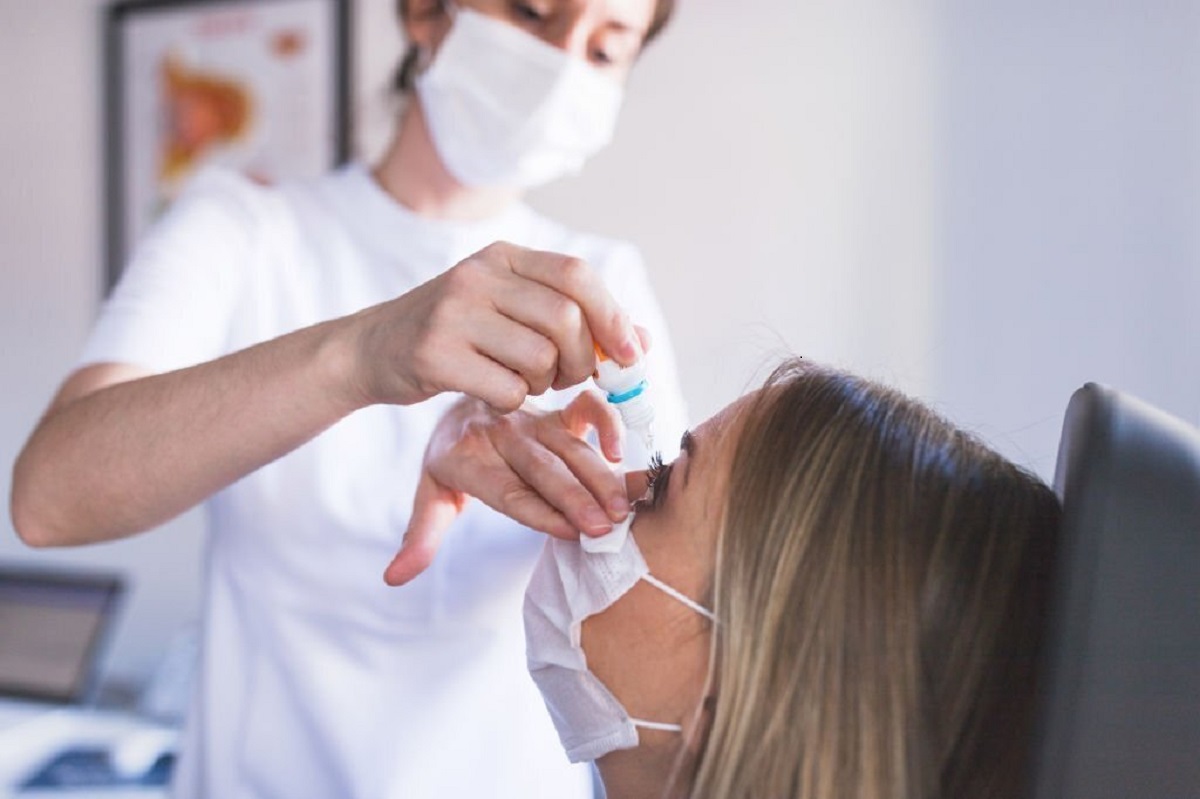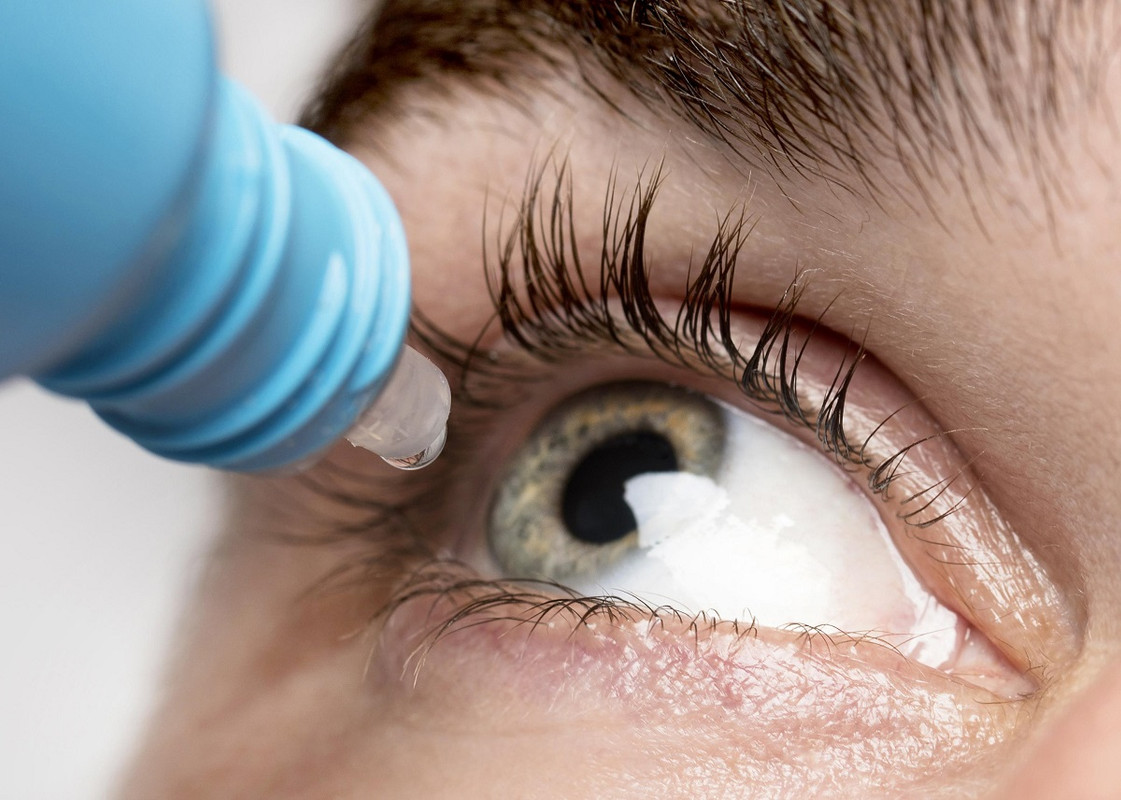
Does your gaze often water, burn, or sting, perhaps seemingly on its own whimsy? Has the unbearable itch moved you to uncontrollably scratch or rub your eyes? Or have you awakened some morning to find your eyes red and swollen? If any of these scenarios sound familiar, you could be grappling with dry eyes, a pervasive but frequently ignored condition.
Dry eye syndrome may not sound as dire as other vision-related problems, but can leave you with a measurable amount of discomfort and, in severe cases, bring on more complex complications. Thus, being aware of the signs, knowing when to see a specialist, and understanding the available treatment options can help mitigate the impact of dry eye on your daily life.
This blog post aims to demystify dry eye, navigating you through its possible triggers and symptoms, elaborating on when professional help becomes necessary, and enlightening you about some current treatments. All this to ensure your eyes, those windows to your soul, regain their comfort and sparkle.
Recognizing the Triggers and Symptoms of Dry Eye
Dry eye syndrome occurs due to a chronic lack of sufficient lubrication and moisture on the eye's surface. This condition can result from a variety of factors, including age, medical conditions like diabetes, the use of certain medications, long-term use of contact lenses, and environmental conditions such as wind, smoke, or dry climates.
Recognizing the symptoms is the first step you need to take in tackling dry eye. Frequent symptoms may include a stinging, burning, or scratchy sensation in your eyes, sensitivity to light, red eyes, a sensation of having something in your eyes, difficulty with nighttime driving, and eye fatigue. If ignored, these symptoms may escalate and lead to intensifying pain, increased tear production following periods of dry eye, or even blurred vision.
When to Knock on a Specialist’s Door
If you notice consistent symptoms and the general remedies like artificial tears, increased hydration, or modifying your screen time don’t offer relief, it might be time to consider seeing a dry eye specialist. An expert can evaluate your eyes thoroughly and nail down the root cause of your discomfort.
Dry Eye Specialist: Who are They?
Dry eye specialists could be optometrists or ophthalmologists who have additional training in diagnosing and handling dry eye disease. Based on your condition, they can offer a treatment plan tailor-made for you.
Diagnosis: How is Dry Eye Syndrome Identified?
To ascertain if you have dry eye syndrome, a specialist will review your health history and conduct specific eye tests. These tests may include measuring your tear production, checking for patterns of dryness on your cornea, or examining your eyelids and the surface of your eyes.
Pros and Cons of Seeing a Dry Eye Specialist
All specialists come with their fair share of pros and cons. A dry eye specialist's key advantage is their expertise and access to specialized tools for diagnosis, offering more accurate results than a general practitioner could provide. They are also better equipped to propose personalized treatment plans. However, you may need to be patient, as specialist appointments can often take longer to schedule, and their assistance might be more expensive.
Remedying Dry Eye: What are the Treatment Options?
Treating dry eye syndrome depends on your specific condition and its severity. Options range from simple home remedies to medical treatments like artificial tears, prescription eye drops, warm compresses, eyelid massages, or, in severe cases, surgery. A dry eye specialist will guide you on the most suitable treatment.
Conclusion: The Bottom Line on Dry Eye
Dealing with dry eye doesn’t have to eclipse your comfort or quality of life. As we’ve demonstrated in this post, recognizing the condition's symptoms early, knowing when to consult a dry eye specialist, and understanding the possible treatments can make a significant difference.
Yes, seeking dry eye specialist help may involve longer waits and potentially higher expenses. However, considering the relief and long-term benefits, it’s an investment worth making. After all, nothing spells comfort, clarity, and contentment like a pair of happy, healthy eyes gazing out onto the world.


0 Comments
Post Comment